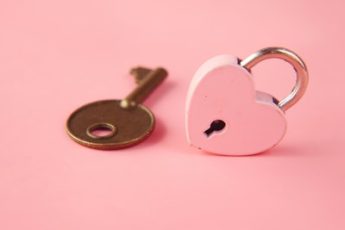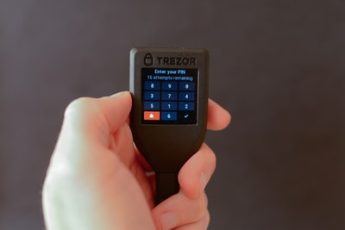
By now we should all know what your password is. The problem is we all have a different definition on what a very secure password really is. In recent studies however, the majority of people have been found to use passwords that are very easy to remember. Does this tell us that we all have a weak password?
There are plenty of people out there who’s passwords you could very well say – well they are not so strong after all. But to get a better idea of what a strong password looks like, here are some of the characteristics we should consider when creating new passwords:
Prevention is better than cure
What might be better is to make sure that if you have a weak password, you won’t have to encounter a situation where you need to use a password resetter like I did. This means that if a thief finds your weak password, they will not have to resort to using tactics like barrage e-mail to try and crack your password. They will, however, have to come up with something that is more than a gut feeling to try to get into your computer to hack your computer.
Your webmail is not the only place where you face such dangers. With more and more of us working from home, often we still give the private information that is so easily accessed. This, of course, is a very dangerous thing to do, but it is easier to do when you are behind a firewall.
Be more specific
In your effort to create a more specific password, you can try to create a phrase rather than a whole sentence. Here’s an example: My editor required me to add a two-letter separation at the end of my email idiom to ensure I could recognize it in an email.
What do you like?
It’s clear to see you can make a lot of difference to the way you use your email system by choosing a different, creative password. If you can, you may want to use the same one for all of your Web sites. Why be forced to deal with different, weaker passwords for each one?
There are benefits to using specific passwords for each site, however. Since your password becomes more specific, it will be easier to remember it whenever you need it. You also won’t have to keep dealing with different, weaker passwords for each one, and you won’t have to write them down in order to remember them.
Make it longer
The length of your password is probably not important in most cases. Sure, it can be advantageous to have a long password, but please don’t use the words of dictionary to create your uniquely strong password.
Your password should be alphanumeric. That is, it should consist of letters and numbers, upper and lower case. Also, make sure that you aren’t using a password that is easy to guess… no sayings of “password” could ever be wise since your browser maybe configured to remember your user name and password bits automatically.
Here are some example passwords:
My wedding anniversary is tomorrow.
Password123 What tripled my rent? Display the most frequently used websites one after another in dynamic windows, and then list them in dynamic windows for easy access.
Even if you have a long list, listing just 10 to 20 sites that you commonly use, it isn’t a bad idea to create a recurring list so that you don’t have to dump out your passwords to your clients when you can easily remember them.
Your widgets are widgets, after all, and not particularly strong or stableinda if you let go of your password idea and somehow lose it.
Keep it simple
The easier it is to remember your passwords, the more likely it is that you will remember them. So, if you have a complex password, make it easy for yourself to remember it. Thenosterage will be to secure that it is not easily guessed or deduced.
For example:
I often hear people saying something like, “My private and personal information is closely guarded.”
However, what they may not realize is that there is nothing more delicate that some of their most important data can be. In other words, losing this data is not that important because if you lose your data, you can always just order another one online and start afresh.
Change it up
Legalesque people often use the same password for eternity denying the possibility that their data will be retrieved by robots oraffeuses that are designed to autopilot to the password fields of a website especially e-mails.
This is a very contrary thing to do for example: If you use the same password for eternity, and then your data is stolen, what’s going to happen to you?
What you need is a challenge, a danger and an incentive to change up your password, and then keep it changed.
A way to achieve this is to pair your sensitive data with something that isn’t that sensitive.













